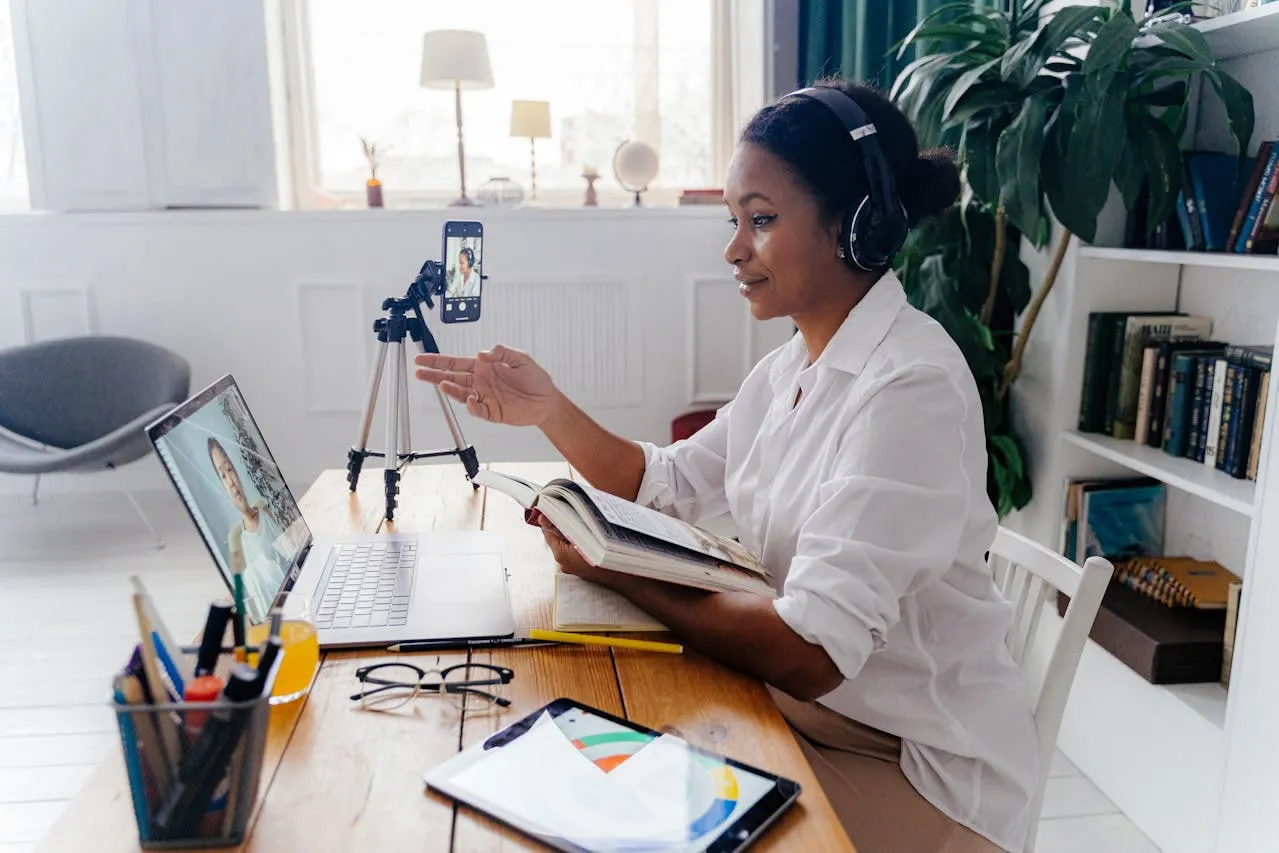
Comprehensive Online Platforms
Online platforms offer tools and content tailored to teach music history and appreciation, making them indispensable educational resources.
● Classics for Kids: This website provides interactive games, lesson plans, and music samples to help children learn about classical music and its composers.
● SmartMusic: An online music education platform with a vast library of the band, orchestra, and vocal music, SmartMusic allows students to practice and receive immediate feedback.
● The Syncopated Times is rich with articles and learning materials about jazz history, perfect for older students.
● Musicca: Offers free music theory lessons and exercises that can complement a music history curriculum by helping students understand the structure and theory behind historical pieces.
Integrating writing services into the teaching of music appreciation and history can significantly enrich students' understanding and engagement with the subject. These services can assist students in composing in-depth analyses, reflective essays on musical periods, or critical reviews of performances, thereby deepening their grasp of the material. Additionally, an essay service can help scaffold assignments to ensure students effectively communicate music's cultural, historical, and theoretical contexts. This support boosts students' academic writing skills and enhances their ability to articulate complex ideas clearly and concisely, further enriching their study of music history and appreciation.
Multimedia Resources
Incorporating multimedia resources into music lessons can help bring the history and appreciation of music to life. Videos, podcasts, and recordings are especially effective in demonstrating musical concepts and the evolution of music over time.
● PBS LearningMedia: Features a wide range of free educational videos and lesson plans on various music topics, including the history of different musical genres.
● NPR Music: Offers interviews, concerts, and podcasts that discuss music and its cultural impacts.
● The Metropolitan Opera Guild Podcast: This podcast includes discussions and features on famous operatic works, which is great for exposing students to opera and vocal performances.
● YouTube: Hosts countless music channels, including performances, documentaries, and masterclasses that can visually and aurally supplement music history lessons.
Multimedia resources enhance learning by providing real-life examples of music and cater to various learning styles, making the history and appreciation of music more accessible and enjoyable.
Academic and Reference Books
For a more traditional approach, several vital texts can serve as foundational pillars for any music history or appreciation course. These books provide comprehensive insights and are invaluable for both students and educators.
● "A History of Western Music" by J. Peter Burkholder, Donald Jay Grout, and Claude V. Palisca is renowned for its authoritative coverage of Western music.
● "The Rest Is Noise: Listening to the Twentieth Century" by Alex Ross explores 20th-century classical music.
● "What to Listen for in Music" by Aaron Copland offers readers a musician's perspective on how to approach listening to music critically.
● Terry E. Miller and Andrew Shahriari's "World Music: A Global Journey" encourages appreciation of the music of various cultures worldwide.
These texts are crucial for providing a structured and detailed narrative that can guide students through the complex history of music.
Field Trips and Live Experiences
Experiencing music in a live setting can significantly enhance a student’s understanding and appreciation of music history. Field trips to concerts, operas, and other musical performances provide students with firsthand experiences of the art form in its most vibrant form.
● Local symphony orchestras and concerts: Many orchestras offer educational programs and special student performances.
● Opera houses and theaters: Visiting an opera or a musical theater performance can provide insight into the complexity of musical staging and production.
● University music departments often host free recitals and concerts, which are great opportunities for students to see live performances that may be more aligned with their studies.
● Jazz and folk music clubs: These venues can offer students a more intimate experience of music genres that play pivotal roles in cultural history.
By arranging for students to attend live music events, educators can bridge the gap between theoretical knowledge and real-world musical applications, thereby deepening students’ appreciation and understanding of different musical traditions and practices.
Wrapping Up
Educators can utilize these resources to create a dynamic and comprehensive music appreciation and history curriculum. Online platforms provide interactive and up-to-date materials, multimedia resources bring the subject to life, and academic books offer depth and context. Together, these tools can help cultivate a deeper understanding and appreciation of music in students, enriching their educational experience and fostering a lifelong love for music.




























